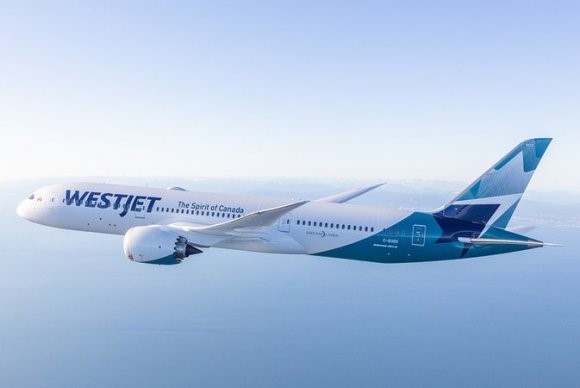Following a frustrating season of congestion last summer for the Canadian aviation industry, passengers expected better compensation or customer service experiences for the disruptions. But given how passenger complaints against airlines are still rising, it’s safe to assume they were disappointed.
With the summer season fast approaching, worries about a repeat of last year’s frustrating passenger experience have bounced around. Fortunately, it seems passengers will be more protected this year after the Canadian Transport Ministry announced changes to the Air Passenger Protection Regulations.
The lack of desired manpower within the Canadian aviation industry resulted in massive airport queues. And like an unfortunate domino effect, this led to substantial flight delays and cancelations as airlines struggled to work around crew crunch times while coping with insufficient staffing for check-in, cabin, and flight crews.
To paint a slightly clearer picture, departure screenings within 15 minutes were only at 63% across Canada’s top four airports. While the situation improved towards the end of last year, the severe winter storm in December during the holiday period was when things went downhill again. Hundreds of scheduled flights were delayed or canceled nearly every day.
With such substantial flight disruptions across last summer and December, one can only imagine how many passengers were affected by the delays and cancelations. But besides dealing with disrupted travel plans, the affected passengers quickly realized they wouldn’t be fairly compensated for all the trouble they went through.
Being unhappy with the disruptions and post-disruption service, passengers have been filing complaints. The Canadian Transportation Agency received a record 18,200 complaints by the end of last July. Although the agency did take action by fining many Canadian carriers, passengers were still dismayed that airlines only had to pay small sums, like $200 per infraction.
This caused passengers to ask the Canadian Transportation Agency to do better in ensuring that airlines comply with the regulations since paying small sums per violation doesn’t hurt airlines, which was seen as a loophole. Their cries were finally heard with the new ruling from the Canadian Transport Minister, which demands that airlines must compensate passengers for significant service disruptions, except in limited cases like snowstorms.
Under this new ruling, airlines must compensate any passenger who complains and is affected by flight disruptions. Canada’s Transport Minister Omar Alghabra said:
“This means there will be no more loopholes where airlines can claim a disruption is caused by something outside of their control or a security reason when it is not. It will no longer be the passenger who will have to prove that they are entitled to compensation. It will now be the airline that will need to prove that it does not have to pay for it.”
The airlines must also establish an internal process for dealing with air travel claims. Offering compensation must be the default option unless the airline can prove otherwise or a viable exception is specifically cited. Additionally, the new ruling allows the Canadian Transportation Agency improved powers to impose higher monetary penalties on non-compliant airlines.

























